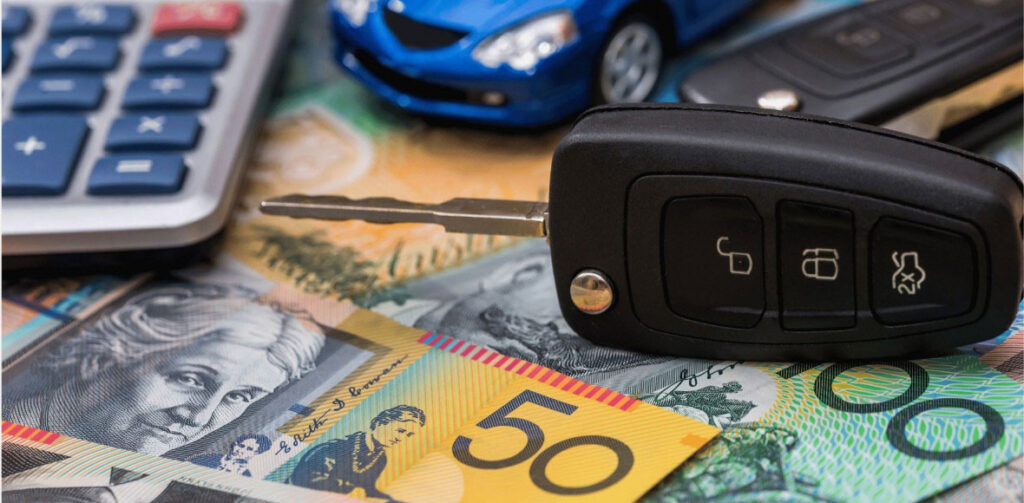The cost-of-living crisis is severely impacting most Australians, with things that were once taken for granted now seen as a luxury. This includes car ownership, as the cost of owning a vehicle has risen alongside everything else. When it comes to the question of “how does inflation affect car prices”, the answer is that the rising prices of raw materials, logistics, labour costs, and other factors have caused car prices to increase as a result. Luckily, there are still ways to make car ownership affordable, with vehicle financing available to help fast track your way to owning a car through plans and rates that are easy to follow and afford. This allows you to stress less and spend more time enjoying the benefits of having access to your very own vehicle. Read on to learn more about how our services are designed to benefit you, while we explore the link between inflation and rising car prices in further detail.
With it being harder than ever to afford a car, trust the finance brokers at Fido Finance to dig up the best rates for you. To learn more about how our services benefit you, please visit our How it Works page.
The Link Between Inflation and Car Prices
Inflation is nothing new as it rears its head every year, increasing the cost of most everyday goods and services. This is true for car prices as well, with the cost of a brand-new car proving significantly more expensive than it was ten years ago. While prices have increased year-on-year, there are now more ways than ever to make it easier to get behind the wheel of your own car. At Fido Finance, we work hard to deliver car loans that are catered to your unique financial situation, making it simple to find the perfect car for you at an affordable rate.
When investigating the question of how inflation affects car prices, it’s worth noting even the used car market has been impacted. With cost of living so high, people are placing a premium on their second-hand vehicles, causing a ripple effect as more car owners attempt to make as big a profit as possible. That’s why we also offer our services for second-hand purchases, to ensure you can secure the exact vehicle you desire, regardless of if it is brand new or used. At Fido Finance, our goal is to help you find the right vehicle within your budget while making the entire process as smooth as possible.
How Does Inflation Affect Car Prices and Interest Rates?
The upfront price is not the only cost of owning a car that has been impacted by inflation, as interest rates have also risen as a result. While these rates are in line with wage increases across the country, not everyone has the luxury of enjoying a raise to their income. That’s why we ensure we only find you loans that fit your budget and lifestyle, to help you secure a vehicle while still being able to afford other necessities. When you speak to a car loan broker at Fido Finance, we take the time to get to know you and your situation so you can receive personalised care and service for all your needs.
Are Wait Times Impacted by Inflation and Car Prices?
An overlooked factor in the topic of inflation and car prices is the impact it has on wait times for new vehicles. The increased price of car parts and labour has caused supply chain issues throughout the industry, while an increasing population means there is a greater demand for vehicles than ever before, with empty showrooms becoming a common sight. If you have your eye on a particular model, chances are you may be forced to wait for the desired car to come back in stock. Even so, we still endeavour to help you secure the car you desire. While the option to buy brand new may be hindered due to excessive wait times, we can help you finance a used option of the same model if one is available on the market. Otherwise, our expert brokers may be able to suggest alternatives to your chosen vehicle.









